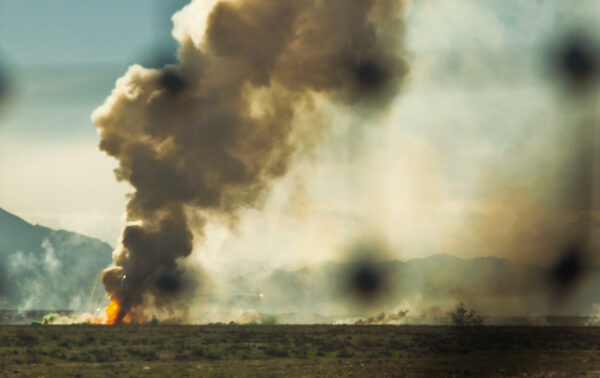
U.S. soldiers from Alpha Company burn expired munitions that can no longer be used, 2013 (Photo: U.S. Army Spc. Ryan Hallgarth)
Effective today, January 2, the VA has expanded the list of cancers presumed to be service-connected for Veterans exposed to toxic substances in specific locations during the Gulf War and subsequent conflicts to include genitourinary cancers. This decision will benefit those who served in regions such as Southwest Asia, Afghanistan, Iraq, Djibouti, and several others where burn pits and airborne pollutants posed significant health risks.
This update, approved by VA Secretary Denis McDonough on December 20, introduces presumptive service connections for bladder, ureter, and related genitourinary, GU, cancers under the 2022 federal PACT Act. The PACT Act established a framework to simplify the claims process for illnesses linked to toxic exposures, significantly reducing the burden of proof for affected Veterans.
Locations and Conditions Covered
Veterans who served in the Southwest Asia theater of operations during the Gulf War, beginning August 2, 1990, and in Afghanistan, Iraq, Djibouti, Egypt, Jordan, Lebanon, Syria, Yemen, and Uzbekistan after September 11, 2001, are covered under the new rules.
The VA based its decision on extensive scientific evidence linking fine particulate matter, PM2.5, exposure to these cancers. Burn pits, which emitted hazardous pollutants from the incineration of materials like oil, chemicals, and plastics, were found to contribute to elevated PM2.5 levels in the air. Studies demonstrated that prolonged exposure to such pollutants increased the risk of bladder and ureter cancers, prompting the VA to act.
Medical Evidence
Scientific research spanning two decades showed the connection between PM2.5 and GU cancers. For instance, long-term exposure to diesel-related PM2.5 was found to significantly raise bladder cancer risks. Occupational exposure to PM2.5 has been associated with up to 19% of bladder cancer cases. Similarly, studies revealed that ureter cancer, though rare, shares developmental and functional pathways with other cancers of the genitourinary system.
Simplified Access to Benefits
The new regulation recognizes toxic exposure for Veterans who served in specified locations, providing quicker access to health care and compensation, and acknowledging the link between GU system cancers and toxic exposure.
Delaying these changes, according to the VA, would further harm affected Veterans by depriving them of timely benefits and exacerbating health risks. In 2022 alone, over 17,000 deaths were attributed to bladder cancer, demonstrating the urgent need for these presumptions.
Moving Forward
Veterans diagnosed with GU cancers related to PM2.5 exposure are encouraged to file claims under the expanded presumptive conditions. For additional information, Veterans can consult the VA’s official website or contact their local Veterans Service Organization, like an American Legion post, for assistance.